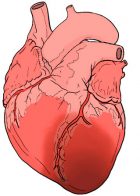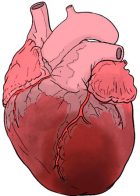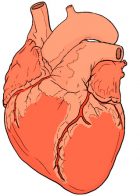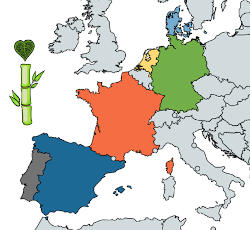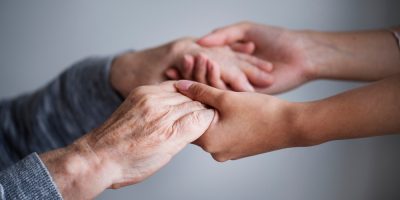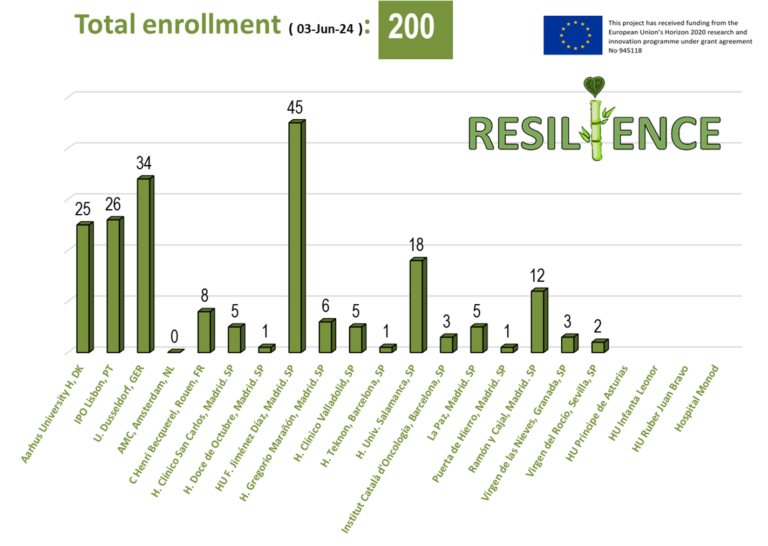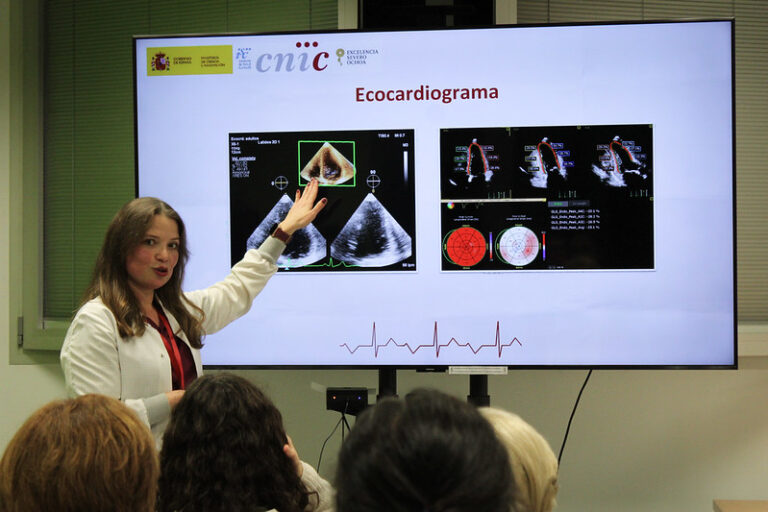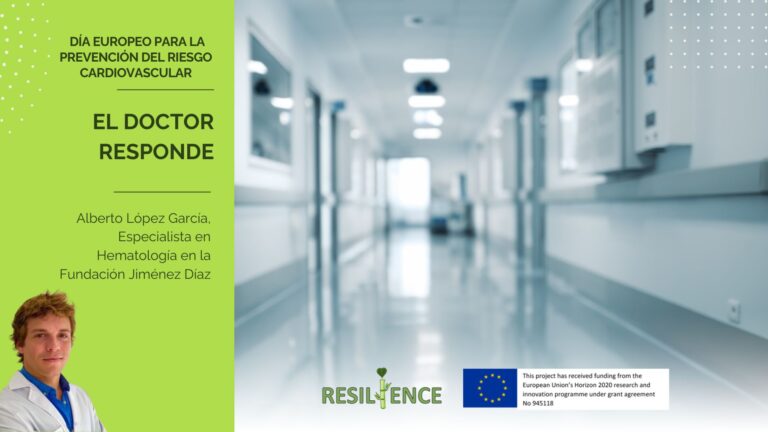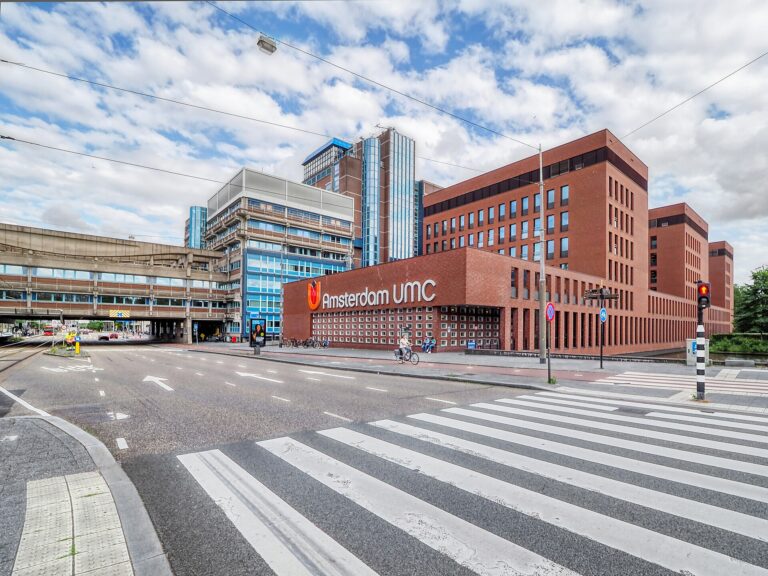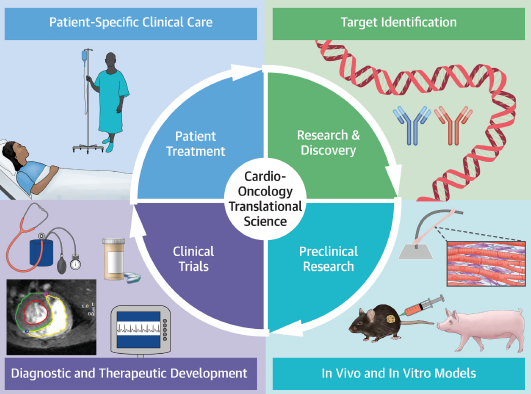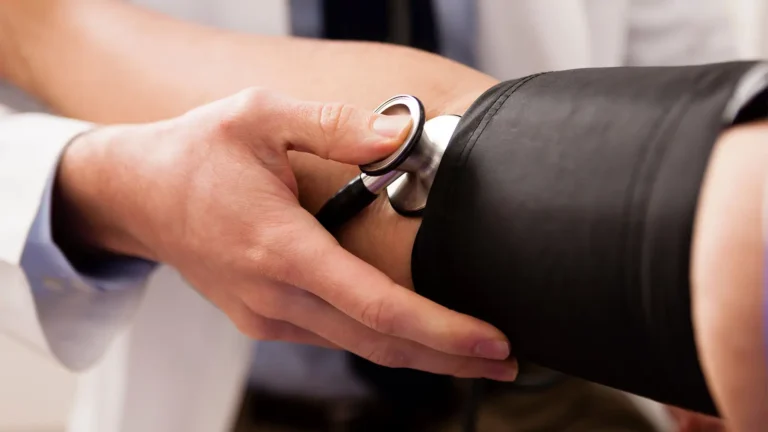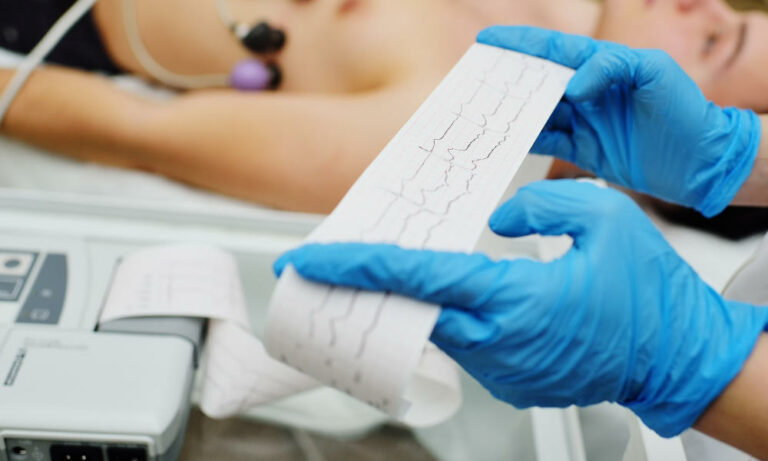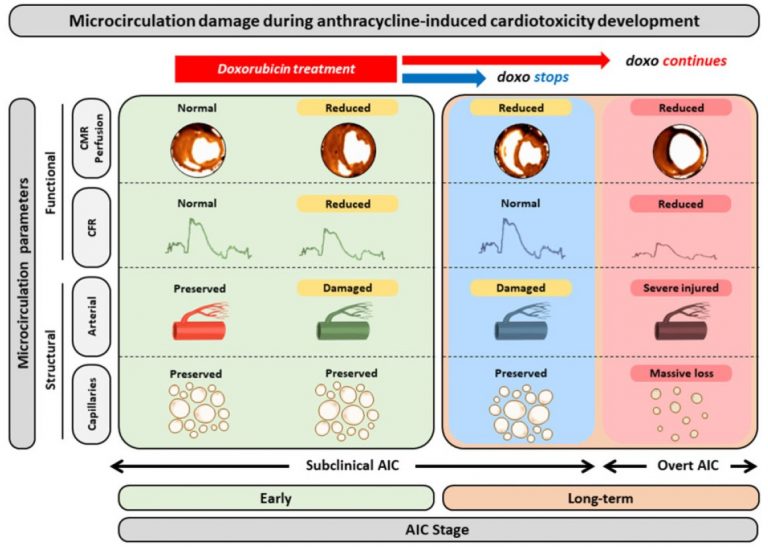In April 2024 we have organized patient encounters in different locations in which we debated the following topics:
- How is the experience of receiving information about participating in the clinical trial?
- Knowledge or lack of knowledge about the effects that cancer treatment can have on the heart.
- What is the experience with the remote ischemic conditioning device?
- Support during the participation process in the RESILIENCE project.
We greatly appreciate the involvement and contributions made by the patients and their families in these encounters. By sharing their needs with us we may get to know aspects to improve and help them feel more comfortable while at their participation at the trial.
Decide to be part of a clinical trial
What were your feelings when receiving information to participate in a clinical trial? Do you think it is enough information or did you look for information on the Internet about what you had been told?
All participants agreed on the initial shock upon receiving the information. The information is received on a very complicated time in which they are very nervous just after knowing about their disease. “I understand that you have to do the MRI before the treatment begins to avoid the impact of the chemo,” commented one patient, “but of course, you are right at the worst moment, which is when they have given you the information, you don’t know nothing and everything catches you by surprise.”
Most of the participants agreed that, once the initial impact has passed and despite the different situations that each one lives, participating in the trial is a unique opportunity in which they can find out the state of their heart during cancer treatment. and reduce the effects that chemotherapy can have on your cardiovascular health.
“I liked the way the doctor explained it to me,” commented one patient, “and for me, actually, it was an honor, because I thought, how good! They are going to examine my heart.”
Regarding the search for information on the Internet to expand information and the possible misinformation or over information, one attendee commented that he was “reluctant” to look at these topics on the Internet and stated that he had not searched for anything because “the net is not going to know more than my doctor, and anyway it is going to make me nervous,” he said.
The effects of cancer treatments on heart health
Did you know the effects that treatments can have on the heart?
“They told me about it during the chemo treatment,” said a patient at the gathering, “then the trial appeared and I saw it as a good thing.”
Another patient indicated that he was unaware of the topic and, although someone from his family have had cancer, he had never heard about possible heart failure due to cancer treatment. “I always practise a lot of sports and now even more, when they told me that they were going to do MRIs to see the evolution of my heart, I thought about it and I understood that participating was very positive because I could know how my heart is behaving along all the process”.
Use of a remote ischemic conditioning device versus daily medication
How have you felt with the use of the cuff (Remote Ischemic Conditioning)? If you had the option to choose between using the cuff once a week or taking medication every day, which would you prefer?
“I prefer the cuff,” commented one of the patients who participated in the RESILIENCE meeting, “I have a deficiency in the aorta and it was very good for me, because it controlled me and I can know the situation of my heart.”
Another patient joined this statement, “my case is similar,” he said, “I probably would have been more reluctant if it had been a chemical product, instead of a cuff that temporarily cuts off blood flow, and then your body generates a substance that is supposed to protect you, something natural in your body, not something external.”
Regarding the use of the cuff, all the patients agreed on the comfort they have with it, “I have not noticed any discomfort, I try to put it on the same day and at the same time, but maybe if I am in the street, then when I get home, I put it on and those 40 minutes I watch TV and rest.”
Another patient commented that “I find it hard because you have to stop for 40 minutes, but if you are able to find an alternative activity for those 40 minutes it is not so much.”. Other participant indicated that he had put it on during chemotherapy treatment “I had it in my backpack, I asked the boy if I could put it (the cuff) on and he said yes. For me it is not cumbersome.”
RESILIENCE: Our patients are the heart of the project
Have you been accompanied in the process? Have you felt supported?
All the participants who attended the RESILIENCE encounter agreed to share the warm welcome they had felt from the Jiménez Díaz Foundation, since, they stated, they are “very human” and “in the Foundation they give it all for the patients” stated one of the attendants.
From RESILIENCE we thank you all patients and families for participating in this encounter and sharing with us your experiences as it will allow us to advance and improve on this clinical trial that helps patients survive cancer with a strong heart. Without you, it wouldn’t be possible. Thank you so much!

